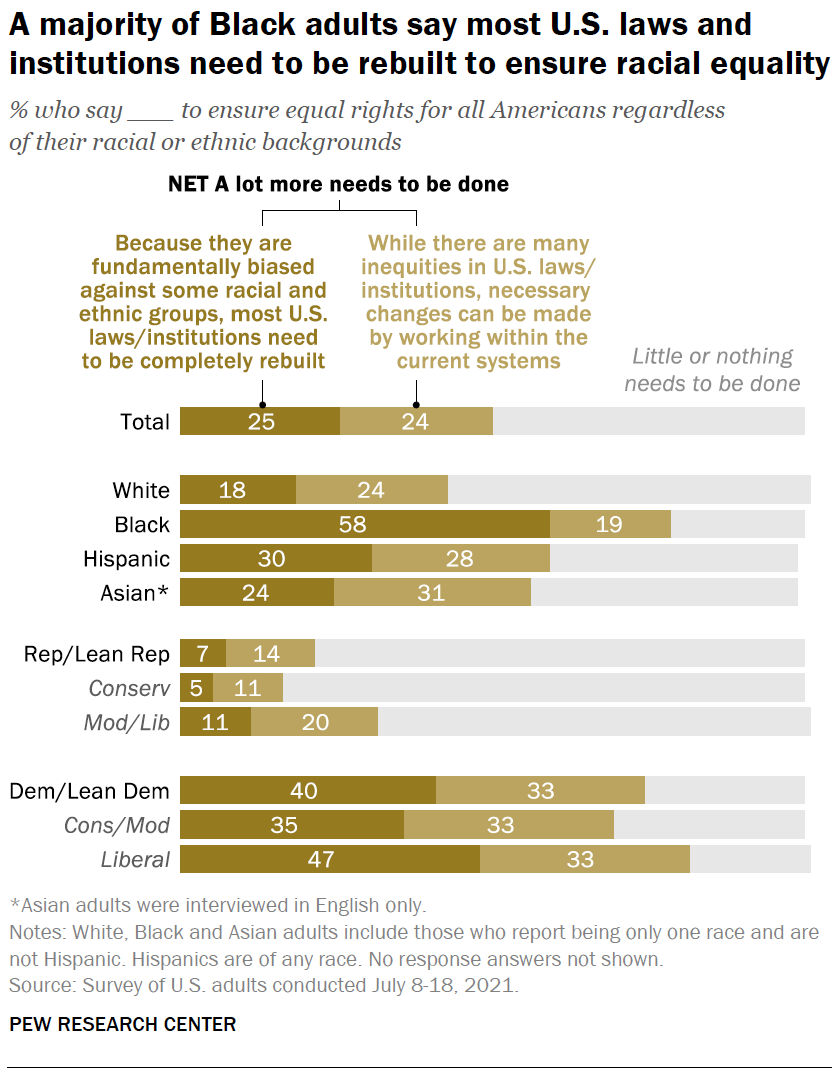Are We Fascist Yet?
For most Americans, fascism is a foreign idea.
“It is a hopeless misjudgement of our nation to think that a dictatorial regime could be imposed on it: The diversity of the German people demands democracy.”
— January 1933 edition of the Frankfurter Zeitung
For most people, America is not a racist country.
In 1860, when 4 million Africans were ensnared in the human trafficking institution that built the American economy, 27,489,561 U.S. citizens were not condemned to America’s inescapable, intergenerational, race-based, constitutionally enforced system of forced labor and theft that used violence or the threat of violence to steal their labor and intellectual property. Between 1865 and 1950, 85% of American citizens did not have to worry about being lynched, terrorized or disenfranchised during Reconstruction. In 1919, 99.9% of Americans were not subjected to “a pattern of white-on-Black violence” known as the Red Summer of 1919.
This explains why the entire anti-slavery movement consisted of about 255,000 people. It’s why a plurality of respondents told Gallup pollsters in 1950 that anti-lynching laws should be left “entirely to the state and local governments.” It justifies the 61% of Americans who expressed outright disapproval of the Freedom Riders at the same time Ku Klux Klanners were beating, bombing and abusing bus passengers who dared to sit wherever they wanted. It’s the only logical reason that 60% of Americans would have an unfavorable opinion of the March on Washington two months before the largest protest in U.S. history.
The vast majority of American citizens have always been able to live wherever they could afford, get a quality education and earn wages that reflected their experience and education. As recently as 2019, most Americans said they had never experienced employment discrimination, unfair police treatment or even an inappropriate joke because of their race. When asked how to address racial inequality, the least qualified, least experienced people who have never been subjected to the systemic, legally enforced, constitutionally approved inequality that shaped the lives of their fellow countrymen had an idea:
Do nothing.
And, apparently, that's also the strategy we're using to cure fascism.
As Donald Trump plunges the country deeper into its soft authoritarian era, most Americans cannot recognize that Trump has already converted their beloved constitutional republic into an authoritarian dictatorship. While a few white people concerned liberals may acknowledge that the nation is “headed toward fascism,” the vast majority are treating the Trump presidency with the same privilege that white people the unaffected majority used to address slavery, lynching and Jim Crow.
They do little or nothing. They disapprove of protests and harbor “unfavorable opinions” of any form of resistance that requires their discomfort. They are convinced that this administration will not infringe upon their constitutional rights, so they calmly wait. Because most Americans do not possess the experience or the expertise to diagnose the symptoms or provide a cure, they are not even willing to ask themselves:
Precisely what would it take for most Americans to decide that America is a fascist country?
Diagnosing fascism
The dictionary defines fascism as “a populist political philosophy, movement, or regime (such as that of the Fascisti) that exalts nation and often race above the individual, that is associated with a centralized autocratic government headed by a dictatorial leader, and that is characterized by severe economic and social regimentation and by forcible suppression of opposition.”
When one considers that 57% of white voters cast a ballot for the leader of “a populist political movement that exalts nation and race above the individual,” some people might find it difficult to acknowledge that their friends, mee-maws and Megans (you know their mamas by their first name) are pro-authoritarianism. Then again, 8 in 10 Republicans identify as white. To someone who is not subjected to the threat of mass deportations, Trump sending 700 Marines and 2,000 National Guardsmen to attack protesters is not viewed as a “dictatorial leader” trying to “forcibly suppress opposition.”
In his book “Anatomy of Fascism,” Robert O. Paxton gives a fuller definition of fascism:
The moment has come to give fascism a usable short handle, even though we know that it encompasses its subject no better than a snapshot encompasses a person.
Fascism may be defined as a form of political behavior marked by obsessive preoccupation with community decline, humiliation, or victimhood and by compensatory cults of unity, energy, and purity, in which a mass-based party of committed nationalist militants, working in uneasy but effective collaboration with traditional elites, abandons democratic liberties and pursues with redemptive violence and without ethical or legal restraints goals of internal cleansing and external expansion.
Proving that America is a fascist country doesn’t require arbitrary, cherry-picked sources like “America’s foremost publisher of language-related reference works” or some dude who is described as “one of the foremost American experts on fascism and perhaps the greatest living American scholar of mid-20th-century European history.” In the past week, Trump’s authoritarian regime has provided an example of every characteristic of fascism: “A form of political behavior marked by …





